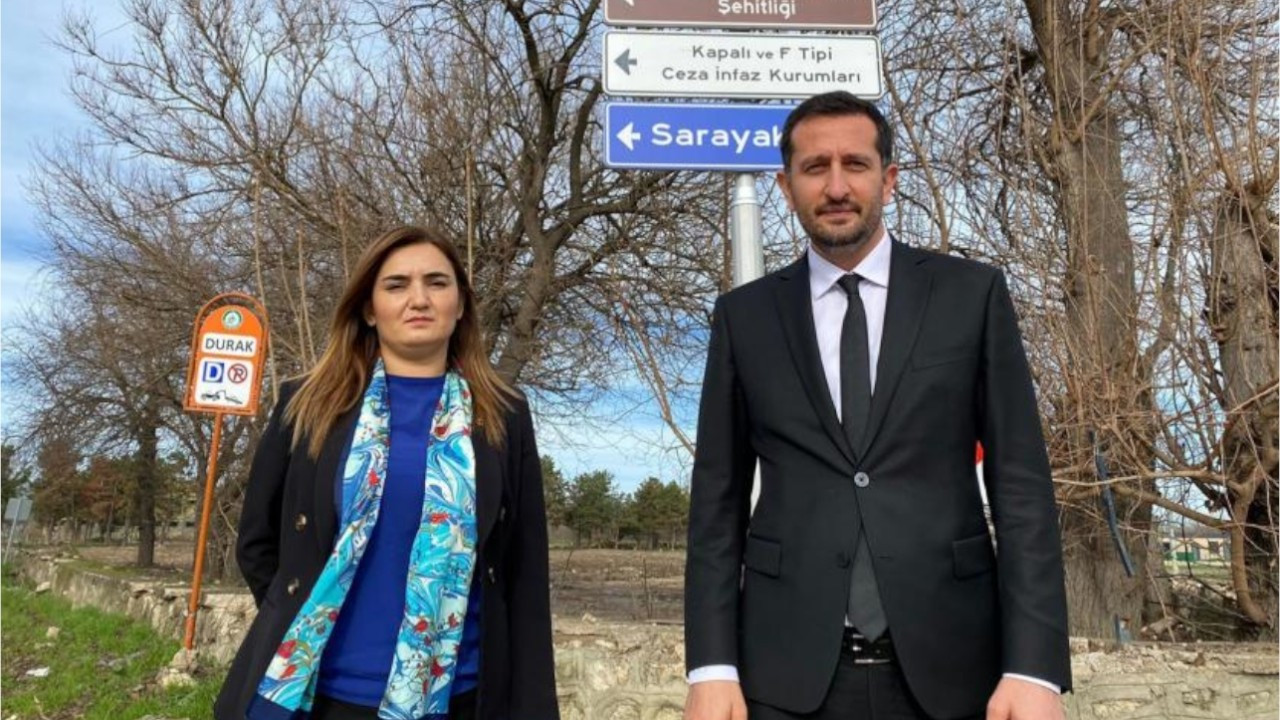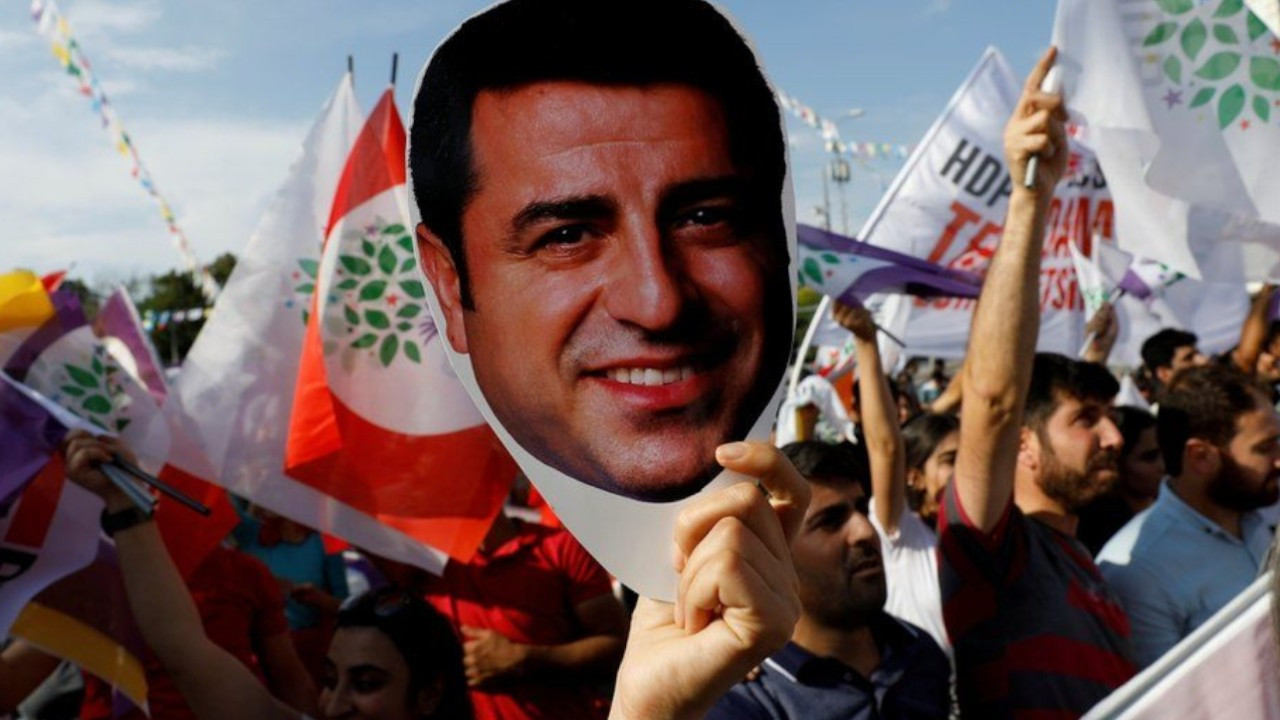Turkey's nationalist leader again targets Demirtaş in New Year's message
Turkey's Nationalist Movement Party (MHP) leader Devlet Bahçeli has targeted Selahattin Demirtaş in his New Year's Message, without explicitly giving the name of the renowned Kurdish politician. He signaled that 2021 will not also see the release of Demirtaş from jail.
Duvar English
Nationalist Movement Party (MHP) leader Devlet Bahçeli has once again targeted renowned Kurdish politician Selahattin Demirtaş, this time in his New Year's message.
Without explicitly mentioning Demirtaş's name, Bahçeli said that Turkey will not allow for the release of Demirtaş.
In the same message, Bahçeli also targeted main opposition Republican People's Party (CHP) leader Kemal Kılıçdaroğlu for his statements that the government will have no choice but to implement “willy nilly” the European Court of Human Rights' (ECHR) ruling on Demirtaş.
“Those characterless freaks who say that a terrorist will be willy nilly released from jail, have speeded up their provocations in 2020, but have lost in the hearts of the nation,” Bahçeli said in his message released on Twitter on Dec. 31.
“It is a complete dream that those who did not get a result in the darkness of 2020 will revolt in the environment of hope and peace of 2021,” he said.
Bahçeli also said that he welcomes the year 2021 “with hope” and embraces it with “excitement.” “Just like [Azerbaijan's] Nagorno-Karabakh victory, I wish that the new year brings many more beauties, successes, reforms, peace, health and welfare,” he said.
President Recep Tayyip Erdoğan and his staunch ally Bahçeli often target Demirtaş, who has been imprisoned since Nov. 4, 2016 on charges related to the Kurdistan Workers' Party (PKK), in their speeches.
Opposition members and rights groups have accused the government of pressing the judiciary to silence Erdoğan's opponents, particularly since an attempted coup in July 2016.
Erdoğan and his ruling Justice and Development Party (AKP) have regularly denied such charges and said courts make independent decisions.

 Main opposition MPs visit Demirtaş in jail, urge gov't to comply with ECHR's ruling for his releasePolitics
Main opposition MPs visit Demirtaş in jail, urge gov't to comply with ECHR's ruling for his releasePolitics Main opposition slams Erdoğan for attacking ECHR's ruling on DemirtaşPolitics
Main opposition slams Erdoğan for attacking ECHR's ruling on DemirtaşPolitics